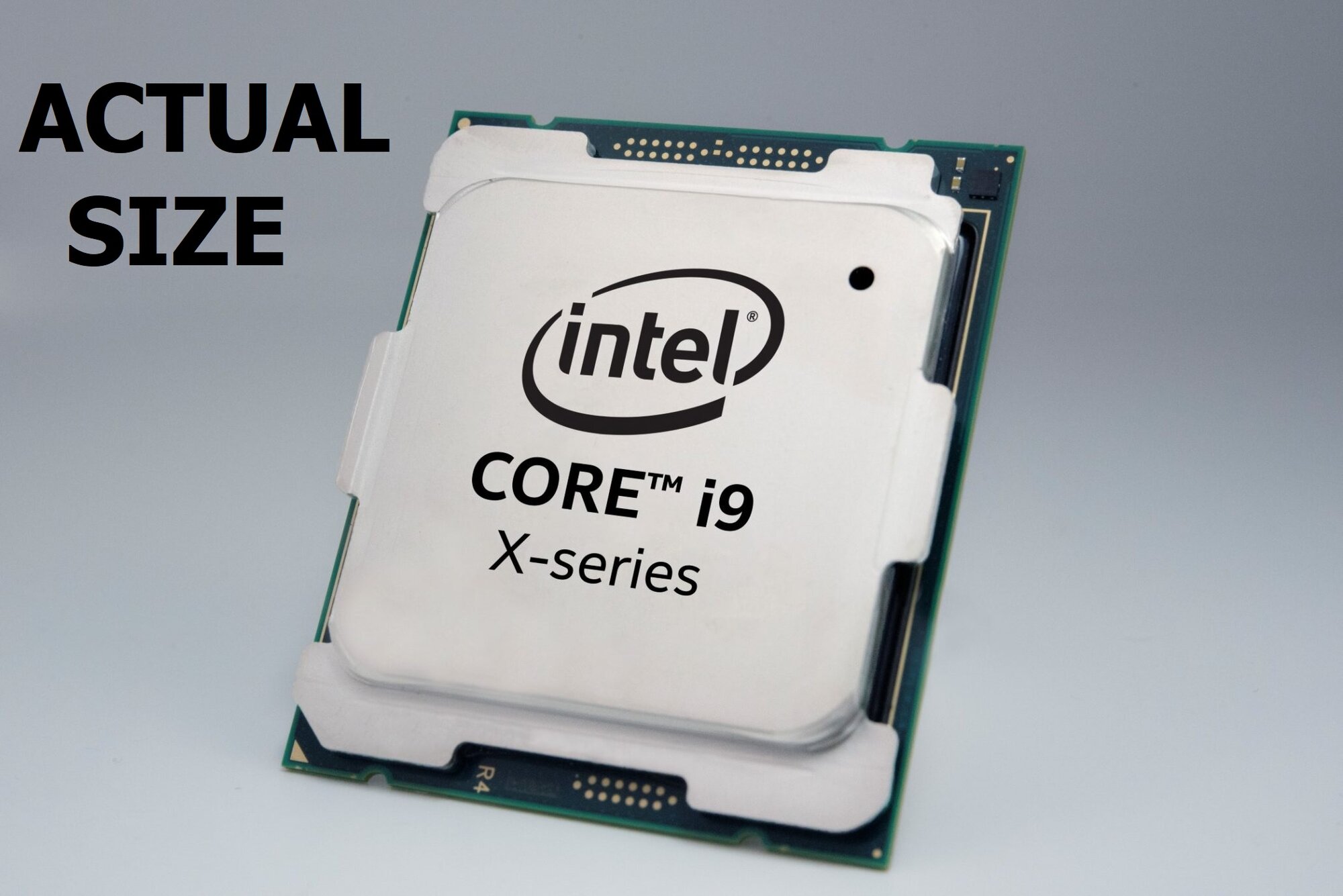Zarathustra[H]
Extremely [H]
- Joined
- Oct 29, 2000
- Messages
- 38,960
Use your favorite translator and go here:
https://www.computerbase.de/2019-12/lieferprobleme-intel-haswell-prozessor/
I can't think of anything to post in this blurb other than "BWAHAHAHAHA".
https://www.computerbase.de/2019-12/lieferprobleme-intel-haswell-prozessor/
I can't think of anything to post in this blurb other than "BWAHAHAHAHA".
![[H]ard|Forum](/styles/hardforum/xenforo/logo_dark.png)

